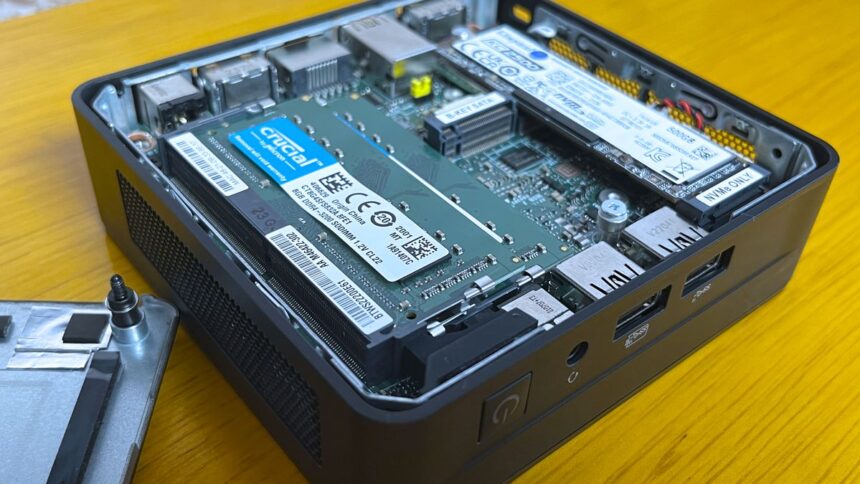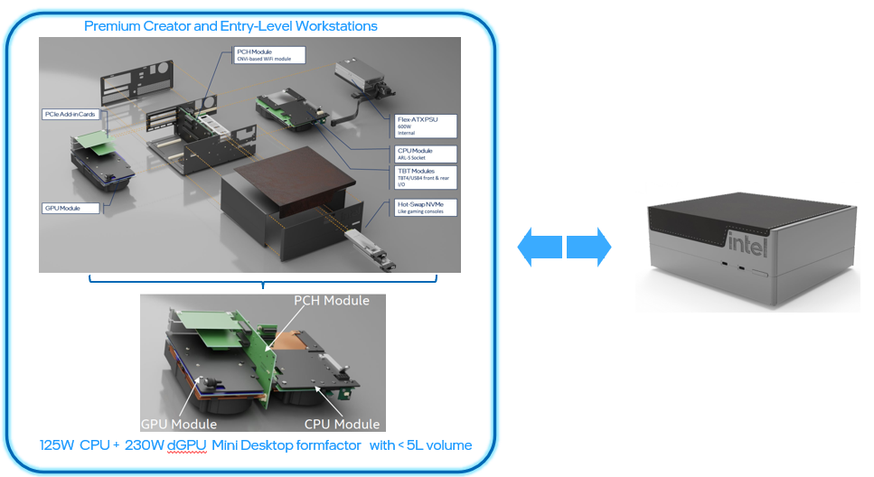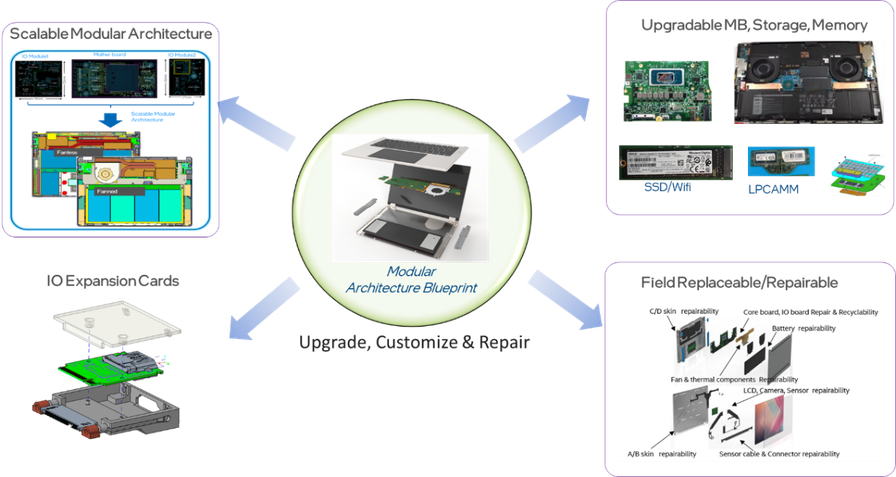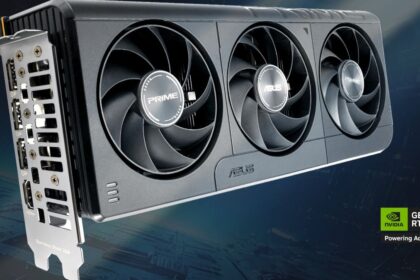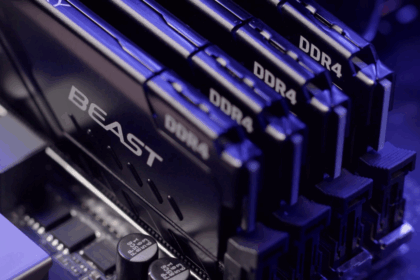To tackle the growing issue of electronic waste and promote sustainability, Intel advocates for modular PCs—both desktops and laptops. In an official statement, the company highlights the current global e-waste challenge and presents its vision for a more sustainable future through modular computing.
By adopting a modular approach, Intel believes fewer components would be discarded since users could easily swap out and repair individual parts rather than replace entire systems. However, for this to become a reality, manufacturers would need to shift from traditional monolithic designs to modular production models.
One key example Intel provides is the motherboard. Instead of a single, factory-assembled unit with all components soldered in place, a modular motherboard could feature replaceable sections, such as the rear panel and universal ports. This would make it easier to upgrade, repair, or customize individual parts—similar to how desktop PCs allow for component swaps today.
With this approach, Intel envisions a future where PCs last longer, reduce e-waste, and contribute to a more sustainable tech industry.
“Notebooks and desktops equipped with configurable and updable components such as RAM, WiFi and SSDs can be easily updated to improve system performance by keeping the same chassis. In addition to facilitating repairs, this approach can also result in fewer full skus than total skus They need to be designed, validated and inventoried, helping manufacturers simplify product portfolio management, “Intel explains.
Smaller pcs offer more challenges
One of the biggest challenges of Intel’s modular PC concept lies in mini PCs and laptops, where compact, fully integrated designs leave little to no room for hardware modifications. Unlike traditional desktops, these systems aren’t built for easy upgrades or repairs.
With this in mind, Intel’s proposal doesn’t aim to make every component swappable but instead focuses on key parts—such as the CPU—that could be replaced without discarding entire systems. This approach could significantly reduce global electronic waste.
The scale of the e-waste problem is staggering. Intel highlights that over 60 million tons of electronic waste are generated worldwide yearly. Shockingly, less than 25% of this waste is collected, only about 12% is recycled, and more than 85% ends up being burned. Computers alone account for a massive 70% of this electronic waste.
By promoting modularity, Intel hopes to extend the lifespan of devices, reduce unnecessary waste, and push the tech industry toward a more sustainable future.

